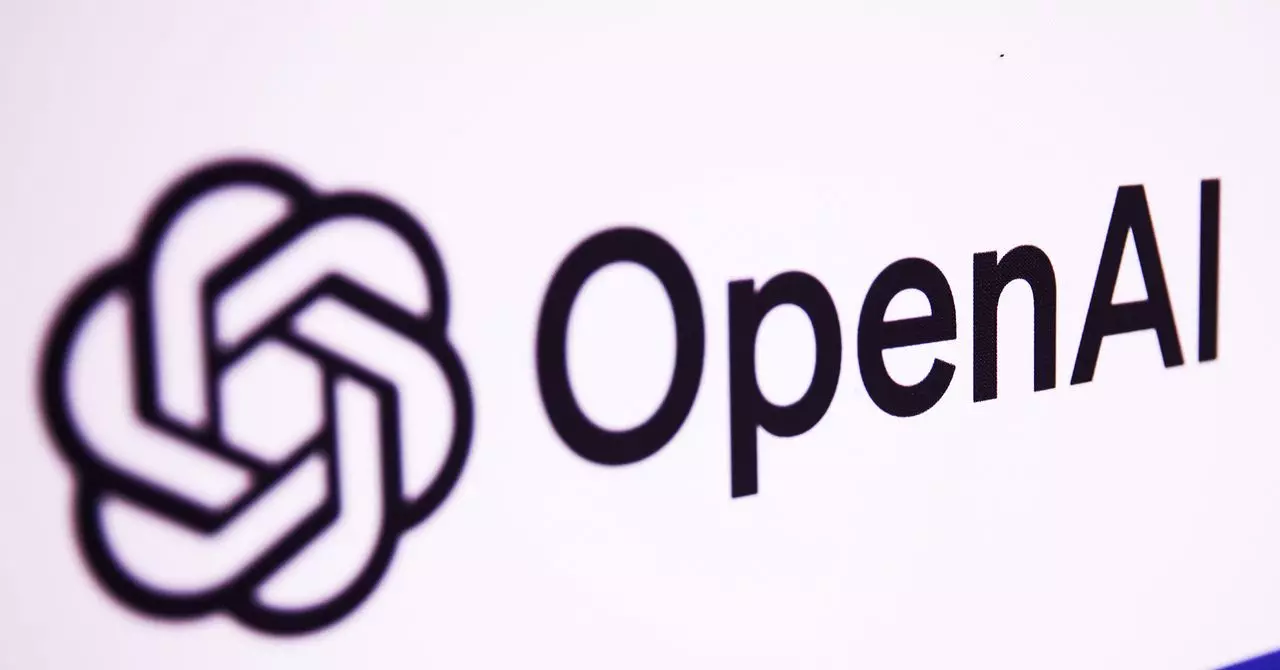In recent weeks, Silicon Valley has witnessed a high-stakes contest that’s reshaping the landscape of artificial intelligence research. At the heart of this battle is the fierce competition between OpenAI and industry giants like Meta to secure the brightest minds in AI development. When four senior researchers defected from OpenAI to join Meta’s nascent superintelligence lab, it served as a wake-up call — sparking urgent, high-level efforts to stem the tide of talent loss. The intensity of this recruitment war underscores not only the increasing value placed on AI expertise but also the growing recognition of how critical human capital is in the race for technological supremacy.
Leadership’s Emotional and Strategic Response
OpenAI’s chief research officer, Mark Chen, responded to these defections with a candid and emotionally charged message to his colleagues. His analogy of feeling “as if someone has broken into our home and stolen something” starkly captures the gravity and personal sting associated with losing cherished team members to competitors. Yet, what stands out most is not just the emotion but the proactive stance that Chen adopted. Rather than merely lamenting the losses, he emphasized tangible steps underway to address the situation, including recalibrating compensation packages and launching creative new incentives to reward and retain talent.
This transparency from leadership is both a morale booster and a strategic move aimed at dispelling any sense of helplessness among OpenAI’s workforce. It highlights a recognition that in today’s competitive AI research environment, talent retention isn’t just about salary but about fostering loyalty through fairness, respect, and meaningful engagement.
The Meta Challenge: Money and Aggression
Meta’s aggressive recruitment blitz is emblematic of an urgent strategic pivot by a company eager to position itself at the forefront of AI innovation. Reports of $100 million signing bonuses and personal outreach by Mark Zuckerberg himself reveal an all-in approach rarely seen outside of star athlete or C-suite executive poaching. Such financial largesse reflects the value Meta places on securing researchers who can drive breakthroughs in superintelligence and related fields, and it also serves as an intimidating benchmark for OpenAI’s own retention efforts.
While lucrative financial packages act as powerful incentives, they also inject a highly competitive and volatile dynamic into AI research culture. Researchers caught in the middle face pressure-filled decisions—between loyalty, fairness, career opportunity, and the lure of unprecedented rewards.
Balancing Fairness with Fierce Competition
Chen’s insistence on maintaining “high personal standards of fairness” amidst this recruiting maelstrom reveals a nuanced leadership philosophy. There is an implicit acknowledgment that while the temptation might be to engage in an all-out bidding war to prevent any defections, such an approach risks undermining internal equity and long-term cultural cohesion.
OpenAI’s statement that they won’t sacrifice fairness for individual retention efforts highlights the precarious balancing act leaders must perform. Overcompensating a few could erode trust and morale across the broader team. This positions OpenAI as a company striving to walk the tightrope between competitive urgency and ethical management — a stance that may well set a precedent for how tech companies approach talent wars in the future.
The Hidden Toll on Researchers
Behind the headlines of multimillion-dollar offers, there lies a deeper, often overlooked consequence: the emotional and professional strain on researchers themselves. Internally, teams are being encouraged to resist aggressive “pressure tactics” and “ridiculous exploding offers” from Meta recruiters. The very mention of these tactics indicates a recruitment culture that can border on coercion, placing AI experts under intense scrutiny and stress at a pivotal moment in their careers.
This climate could have a chilling effect, potentially driving some researchers away from the field entirely or pushing them toward organizations where culture and respect are prioritized over compensation alone. The role of leadership in mitigating these pressures — by fostering open communication, psychological safety, and supportive decision-making — has never been more critical.
Looking Beyond Dollars: What Retention Really Means
The current episode serves as a sobering reminder: in the race for artificial intelligence supremacy, money, while important, is not the sole currency of retention. Sustaining a healthy, innovative, and motivated team demands thoughtful leadership that respects fairness, nurtures wellbeing, and values the unique intellectual contributions of each individual.
OpenAI’s multifaceted response—which blends aggressive counter-offers with appeals for fairness and respect—suggests that the future of AI research will be shaped not only by technological innovation but by the evolving human dynamics beneath the surface. Ultimately, the companies best able to manage this complex talent ecosystem will hold the strongest cards in the inevitable showdown to define the future of AI.


Leave a Reply